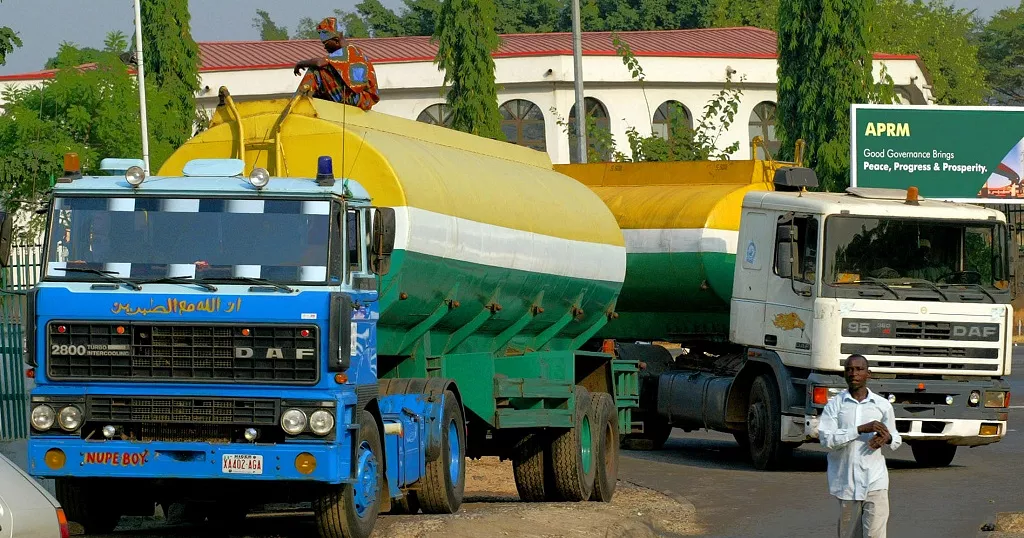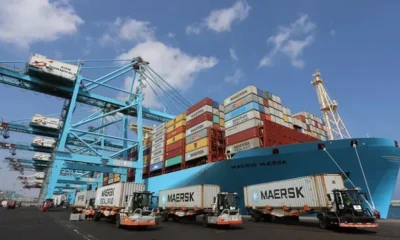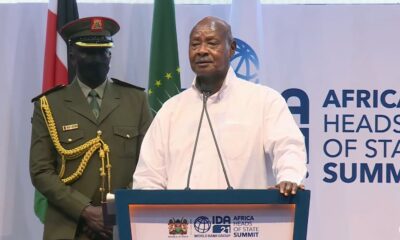The Nigerian government has put in place a virtual crude oil evacuation plan that involves moving petroleum from the production site to injection and storage sites, and then finally to export ports, using trucks and barges.
It stated that the Alternative Crude Oil Evacuation Systems were put in place to prevent pipeline disruptions and outages from delaying output, causing losses, or having any other unfavourable effects.
This was revealed in a recent presentation entitled “Stability in the Nigerian Energy Sector: Integrated Strategies for Infrastructure, Transportation, and Security,” which was received by our correspondent in Abuja on Sunday. It is from the Nigerian Upstream Petroleum Regulatory Commission.
Nigeria loses trillions of naira a year to pipeline damage and theft of crude oil; this event prompted the government to explore virtual methods of delivering the commodity.
Nigeria’s largest threat to its oil earnings is likely industrial-scale crude oil theft. A thorough investigation into the actions of organized groups and security forces using advanced methods to steal crude oil throughout the nation was mandated by the Senate last year.
According to Senator Ned Nwoko’s motion, which presented statistics on the losses Nigeria incurs from oil bunkering and pipeline vandalism, was the impetus for the decision. Nigeria lost N2.3 trillion to oil theft in 2023 alone, according to Nwoko.
The NUPRC stated that to address this, the government needed to support Alternative Crude Oil Evacuation Systems, which involve moving the commodity via trucks and barges as opposed to pumping it through pipes. It said that the Nigerian Upstream Petroleum Regulatory Commission has maintained its commitment to putting targeted efforts and other measures into place to address vandalism and crude oil theft through cooperation with industry stakeholders.
It said, “Through increased surveillance and deployment of security forces, the upstream industry has in recent times increasingly enhanced the protection of oil and gas infrastructure from criminal syndicates who often target oil and gas installations to siphon off crude oil for illegal sale.
“The activities of the syndicates have led to revenue losses for the government, oil companies and other stakeholders, increased cost of production, as well as far-reaching environmental consequences and demarketing of the nation’s global competitiveness.
“The commission has therefore promoted the implementation of Alternative Crude Oil Evacuation Systems to avoid production deferment and losses and other undesirable consequences as a result of pipeline disruption and outages.
“This virtual means of evacuation mainly involves the utilisation of barges and trucks for the transportation of crude oil from the point of production to injection/storage points for eventual transportation to export terminals,” the commission stated in the document.
According to the Nigerian Extractive Industries Transparency Initiative (NEITI), the country lost 619.7 million barrels of crude oil valued at N16.25 trillion ($46.16 billion) to theft between 2009 and 2020.


 VenturesNow1 day ago
VenturesNow1 day ago
 Tech1 day ago
Tech1 day ago
 Sports1 day ago
Sports1 day ago
 Culture1 day ago
Culture1 day ago



























